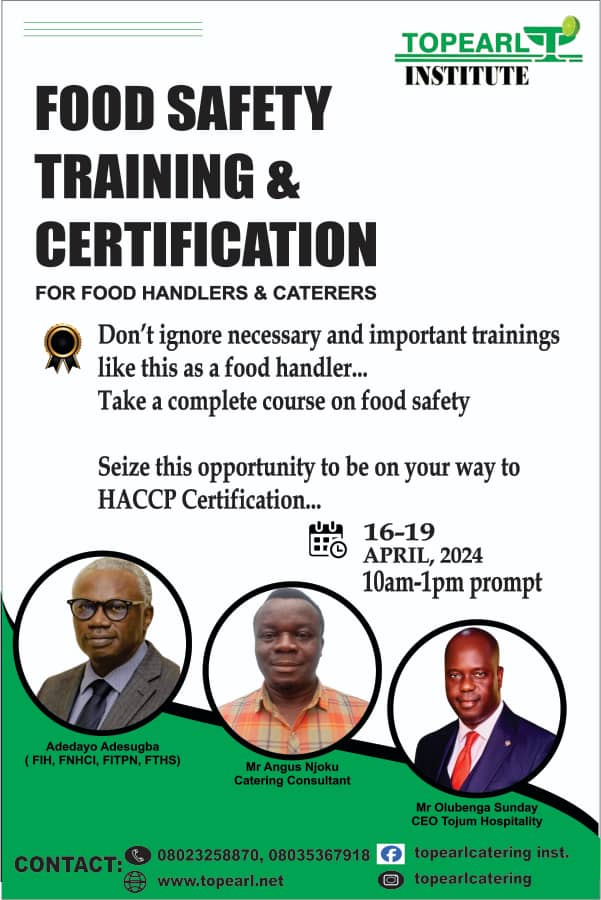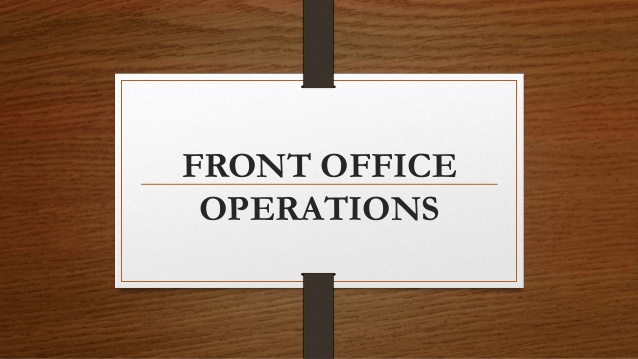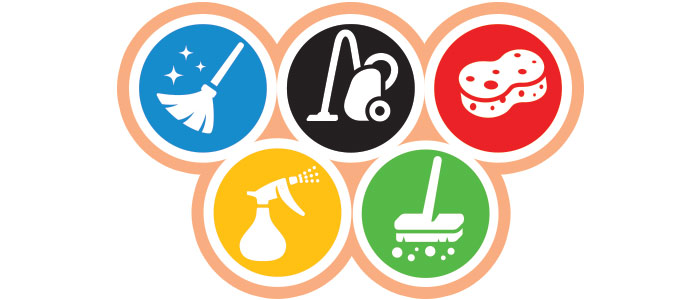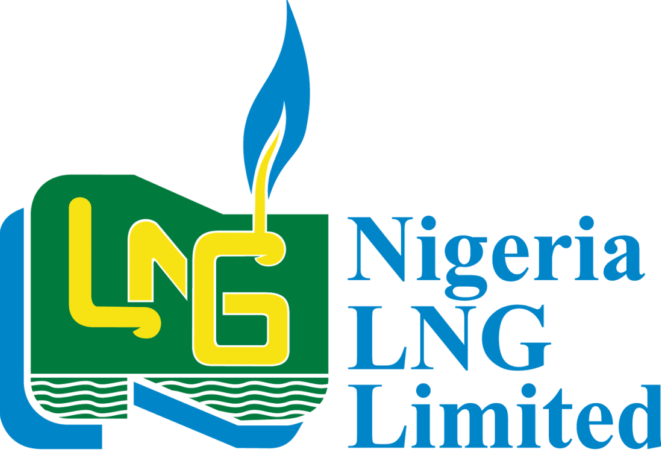
Who we are
Food Hygiene and Food Safety Standards Course
This COURSE is a MUST for ANY Food Handler in the Hospitality Industry, be it in Hotels or any other Food Outlet
This course will equip you with the knowledge and skills to handle food safely and hygienically. It will cover the principles behind foodborne illness, safe food handling practices, and the importance of adhering to food safety regulations.
Course Objectives:
- Understand the concepts of food hygiene and food safety.
- Identify the causes and risks of foodborne illness.
- Learn safe food handling practices throughout the entire food chain (from farm to fork).
- Grasp the key principles of food safety regulations and standards.
- Implement effective hygiene practices in a commercial or domestic kitchen.
Course Content:
Module 1: Introduction to Food Hygiene and Safety:
- Definition and importance of food hygiene and food safety.
- Different types of foodborne hazards: biological, chemical, and physical.
- The burden of foodborne illness: statistics and impact.
- Factors contributing to food spoilage and contamination.
Module 2: Safe Food Handling Practices:
Personal Hygiene:
- Handwashing techniques and importance.
- Proper use of personal protective equipment (gloves, hairnets, etc.).
- Maintaining good personal hygiene while handling food.
Food Preparation:
- Safe food sourcing and storage practices.
- Preventing cross-contamination between raw and cooked foods.
- Chilling and cooking food at proper temperatures.
- Thawing food safely.
- Reheating cooked food thoroughly.
- Proper labeling and dating of food items.
Food Storage:
- Maintaining proper storage temperatures for different food types.
- FIFO (First-In-First-Out) principle for food storage.
- Using appropriate storage containers to prevent contamination.
- Pest control measures in food storage areas.
Module 3: Food Safety Regulations and Standards
- Importance of adhering to food safety regulations.
- Understanding HACCP (Hazard Analysis and Critical Control Points) principles.
- Regulatory requirements for food businesses (based on your region).
- Food labeling regulations and allergen information.
- Roles and responsibilities of food safety inspectors.
Module 4: Implementing Food Hygiene Practices
Cleaning and Sanitation:
- Cleaning and sanitizing procedures for food preparation surfaces and utensils.
- The importance of proper cleaning chemicals and their safe use.
- Maintaining a clean and hygienic work environment.
Waste Management:
- Safe disposal of food waste and packaging materials.
- Preventing pest infestations through proper waste management practices.
Record Keeping:
- Importance of maintaining food safety records (temperature logs, cleaning records, etc.).
Module 5: Additional Considerations
- Food allergies and intolerances: safe handling practices.
- Food safety for vulnerable populations (children, pregnant women, elderly).
- The role of technology in ensuring food safety (e.g., temperature monitoring systems).
Assessment
This course can be assessed through a combination of methods, such as quizzes, practical exercises, or a final exam.
By completing this course, participants will gain a strong foundation in food hygiene and food safety principles. This knowledge will empower them to handle food safely and responsibly, reducing the risk of foodborne illness for themselves and others.








